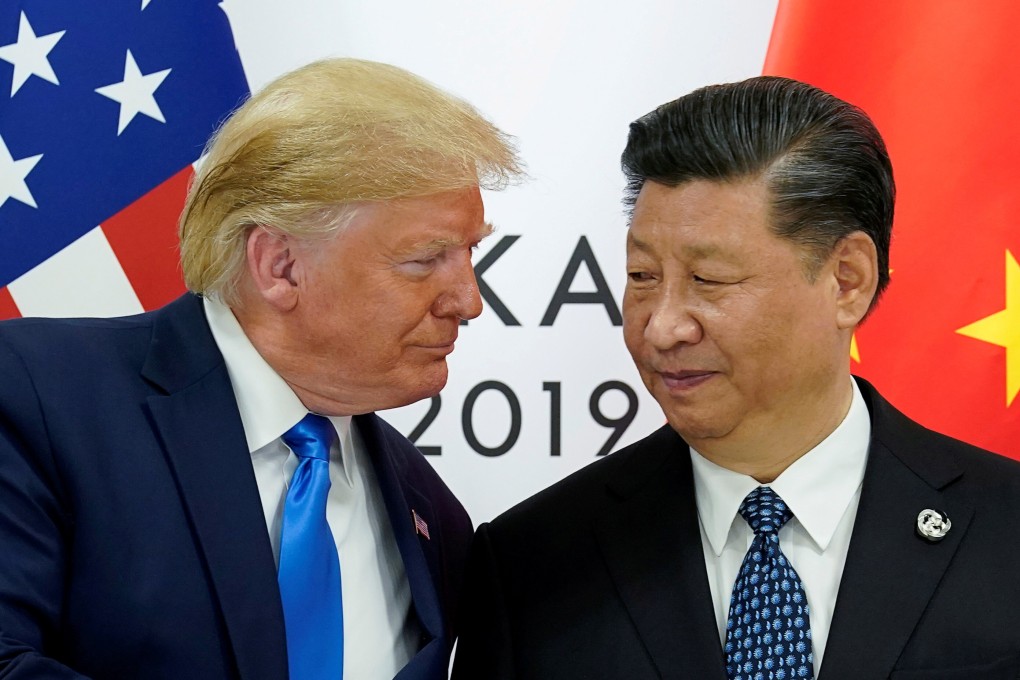Advertisement
Opinion | How China can protect itself in the next phase of Donald Trump’s trade war
- The Trump administration wants US companies to leave China and it is up to Beijing to persuade them to stay. It must also prepare for the possibility of a currency war, and US sanctions on Chinese financial institutions
Reading Time:3 minutes
Why you can trust SCMP
0

US President Donald Trump and Chinese President Xi Jinping may have agreed at the G20 summit in Osaka to resume trade negotiations, but the path to ending the trade war remains far from clear. After all, the two reached a similar agreement in Buenos Aires last December and those talks ultimately failed, not least because Trump mistook China’s conciliatory attitude for weakness.
Whether Trump makes the same mistake this time remains to be seen. In any case, it is worth considering how the trade war might unfold over the coming months and years – and what China can do to protect itself.
Import tariffs, for the foreseeable future, remain steady. The agreement in Osaka kept Trump from following through on his threat to impose additional tariffs on US$300 billion worth of Chinese exports. But it did not reverse past measures, such as the tariff hike, to 25 per cent, on US$200 billion worth of exports in May.
While these tariffs have not yet had serious consequences for China’s economy, their effects are likely to deepen over time. The US is more likely to remove them if China refrains from retaliating with tariffs of its own. Instead, Beijing should focus on reducing its trade surplus with the US on its own terms. And it is increasingly clear that Trump’s tariffs have done more damage to America’s businesses and consumers than to China.
Already, opposition to Trump’s trade war is intensifying within the US. For example, the US Chamber of Commerce – one of America’s most powerful business lobbies – has called for the reversal of all tariffs imposed over the past two years. With the 2020 presidential campaign already under way, the last thing Trump needs is to stoke opposition within his own political base, let alone risk tipping the global economy into recession.
The effects of the trade war have already spread to cross-border investment. In recent years, rising Chinese production costs have driven many foreign firms – and, increasingly, even Chinese companies – to relocate their operations to lower-cost countries like Vietnam and Thailand.
Advertisement
